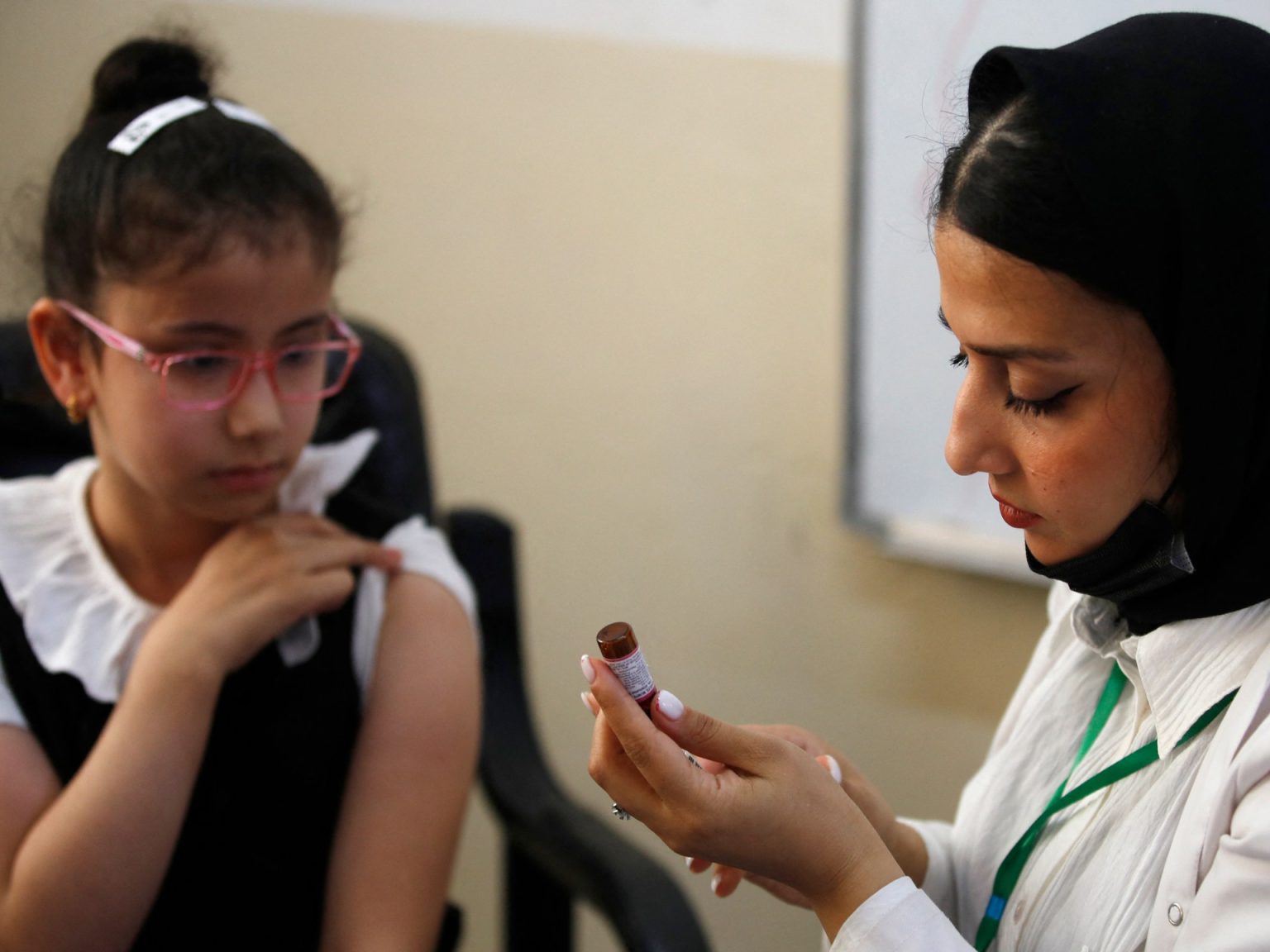In 2023, measles killed 107,500 people globally, with most of the deaths occurring in children under the age of five. A new study published by the World Health Organization and the US Centers for Disease Control and Prevention revealed that approximately 10.3 million people contracted measles last year, representing a 20 percent increase from 2022. The rise in cases was attributed to a decrease in vaccine coverage, highlighting the importance of continued efforts to increase access to the measles vaccine.
Measles is highly contagious, requiring at least 95-percent vaccine coverage with two doses of the measles/rubella vaccine to prevent outbreaks. However, in 2023, only 83 percent of children worldwide received their first dose of the measles vaccine, and just 74 percent received their second dose. This was the same level as the previous year but had decreased from 86 percent before the COVID-19 pandemic. WHO Director Tedros Adhanom Ghebreyesus emphasized the life-saving potential of the measles vaccine and stressed the importance of investing in immunization efforts for all individuals.
Global gaps in vaccination coverage led to 57 countries experiencing significant measles outbreaks in 2023, compared to 36 countries the previous year. Nearly half of these outbreaks occurred in the African region, highlighting the impact on vulnerable populations. While the virus caused severe complications in young children, the number of deaths decreased by 8 percent from the previous year due to better nutritional status and access to health services in some regions. Despite this, the continued prevalence of preventable measles deaths underscored the need for ongoing efforts to improve vaccine coverage.
Efforts to eliminate measles as an endemic threat by 2030 are at risk due to the challenges posed by the global increase in measles cases. While 82 countries had achieved or maintained measles elimination by the end of 2023, the agencies warned that urgent and targeted interventions were needed to ensure all children receive two vaccine doses, particularly in regions like Africa and the Eastern Mediterranean. Brazil’s recent re-verification of measles elimination restored the WHO Americas region as endemic measles-free, with all regions except Africa having at least one country that has eliminated the disease. The agencies emphasized the importance of robust immunization programs and high-coverage campaigns to protect vulnerable populations and prevent measles-related deaths.
In light of the rising measles cases and deaths globally, the CDC Director Mandy Cohen urged continued investments in efforts to increase vaccine access. The agencies emphasized the importance of prioritizing immunization to protect vulnerable populations, reduce the number of preventable deaths, and work towards global measles elimination by 2030. To achieve this goal, targeted efforts are needed to ensure all children receive the necessary vaccine doses, especially in regions with gaps in vaccination coverage and in fragile and conflict-affected areas. By strengthening routine immunization programs and delivering high-quality, high-coverage vaccination campaigns, the global community can prevent further measles outbreaks and save lives.


